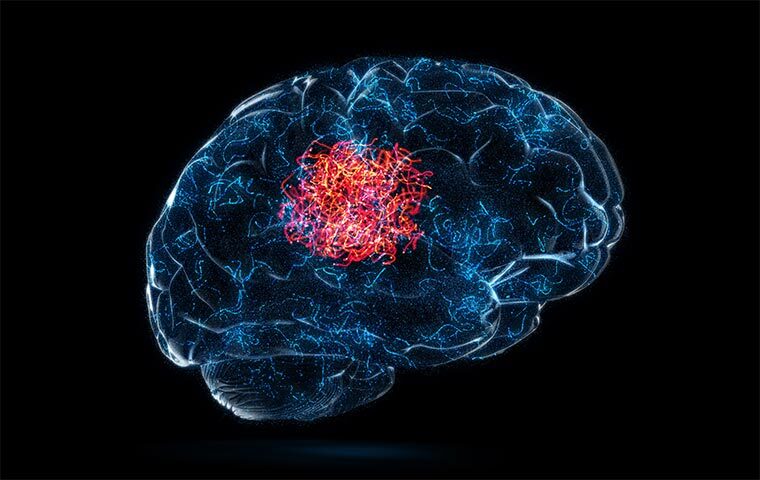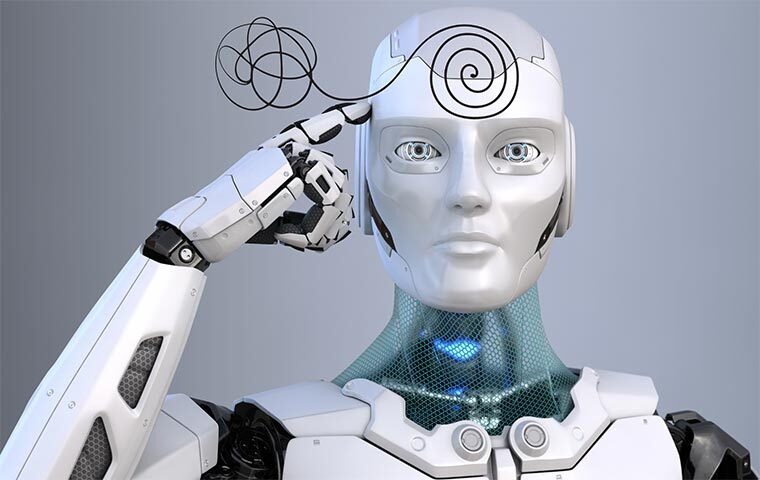The New Era of AI in 2025: From Gemini 3 to Creative AIs
Learn about the best AI tools for 2025, including Nano...
We use cookies for our website to give you the most relevant experience by remembering your preferences. By clicking “accept”, you consent to use of ALL the cookies
This website uses cookies to improve your experience while you navigate through the website. Out of these, the cookies that are categorized as necessary are stored on your browser as they are essential for the working of basic functionalities of the website. We also use third-party cookies that help us analyze and understand how you use this website. These cookies will be stored in your browser only with your consent. You also have the option to opt-out of these cookies. But opting out of some of these cookies may affect your browsing experience.
Necessary cookies are absolutely essential for the website to function properly. These cookies ensure basic functionalities and security features of the website, anonymously.
| Cookie | Duration | Description |
|---|---|---|
| cookielawinfo-checkbox-functional | 11 months | This cookie is set by GDPR Cookie Consent plugin. The cookie is used to store the user consent for the cookies in the category “Analytics”. |
| cookielawinfo-checkbox-functional | 11 months | The cookie is set by GDPR cookie consent to record the user consent for the cookies in the category “Functional”. |
| cookielawinfo-checkbox-necessary | 11 months | This cookie is set by GDPR Cookie Consent plugin. The cookies is used to store the user consent for the cookies in the category “Necessary”. |
| cookielawinfo-checkbox-others | 11 months | This cookie is set by GDPR Cookie Consent plugin. The cookie is used to store the user consent for the cookies in the category “Other. |
| cookielawinfo-checkbox-performance | 11 months | This cookie is set by GDPR Cookie Consent plugin. The cookie is used to store the user consent for the cookies in the category “Performance”. |
| viewed_cookie_policy | 11 months | The cookie is set by the GDPR Cookie Consent plugin and is used to store whether or not user has consented to the use of cookies. It does not store any personal data. |
Functional cookies help to perform certain functionalities like sharing the content of the website on social media platforms, collect feedbacks, and other third-party features.
Performance cookies are used to understand and analyze the key performance indexes of the website which helps in delivering a better user experience for the visitors.
Analytical cookies are used to understand how visitors interact with the website. These cookies help provide information on metrics the number of visitors, bounce rate, traffic source, etc.
Advertisement cookies are used to provide visitors with relevant ads and marketing campaigns. These cookies track visitors across websites and collect information to provide customized ads.
Other uncategorized cookies are those that are being analyzed and have not been classified into a category as yet.
Cyberia Tech, Inc. respects your privacy. This Privacy Policy explains how we collect, use, and share your information. By using our services, you agree to this policy. If any other agreements conflict with this Privacy Policy, the terms of those agreements prevail.
Cyberia Tech complies with the EU-US and Swiss-US Privacy Shield Frameworks for handling personal data from the EEA, UK, and Switzerland. In case of any conflict, the Privacy Shield Principles prevail. Learn more at Privacy Shield. Key Definitions
Information linked to an individual, transferred from the EEA, UK, or Switzerland to the U.S.
Data revealing race, religion, health, sexual orientation, and similar categories.
Effective Date: [ 2026 / 03 / 04 ]
Welcome to The Cyberia Tech ! By accessing or using our website or services, you agree to
comply with and be bound by these Terms of Use and our Privacy Policy. If you do not agree with
these terms, please do not use our Services.
Loading
0 %

Losing things can be frustrating, but what if you had a robot that could help you find your items? Thanks to a new development in “artificial memory,” that could soon be a reality.
Researchers have created a system that allows robots to remember the location of objects and use that information to help humans find them.
Table of Contents
The system works by using a combination of cameras and sensors to create a map of the environment, which the robot can then use to navigate and locate objects.
This technology has the potential to be incredibly useful in a variety of settings, from homes to hospitals to warehouses.
Imagine being able to ask a robot to find your keys or your phone, and having it lead you right to them.
Or imagine a hospital where robots can quickly locate medical equipment and supplies, saving precious time in emergency situations.
Of course, there are still some challenges to overcome before this technology becomes widely available.
For example, the system currently requires a lot of computing power, which could make it expensive to implement.
But as technology continues to improve, we could soon see a world where robots are not just helpful assistants, but valuable partners in our daily lives.

Artificial intelligence systems have the remarkable ability to store and retrieve information, which is commonly referred to as AI memory.
This feature allows AI to learn and adapt to new situations, making it a valuable tool in various industries.
With AI memory, these systems can process vast amounts of data and use that information to make informed decisions.
This technology has the potential to revolutionize the way we live and work, and its capabilities continue to expand as research and development in the field of AI progresses.
When it comes to artificial intelligence, memory can be classified into two primary categories:
These two types of memory play a crucial role in the functioning of AI systems.

Short-term memory is responsible for storing information temporarily, while long-term memory is responsible for retaining information for a more extended period.
Understanding the differences between these two types of memory is essential for developing effective AI systems that can learn and adapt over time.
The Future of Artificial Intelligence: 5 AI Tools That Are Way Cooler Than OpenAI’s Chatbot
In the world of artificial intelligence, short-term memory is a critical component of a system’s functionality.
Essentially, this refers to the system’s capability to temporarily store and retrieve information during a particular task or session.
This type of memory is essential for enabling AI to perform a wide range of functions, from language processing to image recognition and beyond.
Without short-term memory, AI systems would struggle to complete even the most basic tasks, making it a crucial area of focus for developers and researchers alike.
In today’s world, Artificial Intelligence (AI) has become an integral part of our lives. One of the key features of AI is its ability to retain and recall information for immediate processing.
This means that AI models can hold contextual information within a conversation or make decisions based on recent inputs.
This feature is particularly useful in various industries, including healthcare, finance, and customer service.
With the help of AI, businesses can improve their efficiency and accuracy, resulting in better outcomes for their customers.
When it comes to artificial intelligence, long-term memory refers to the ability to store and retrieve information over a prolonged period.
This is a crucial aspect of AI, as it allows machines to learn from past experiences and make more informed decisions in the future.
By leveraging long-term memory, AI systems can improve their performance over time and become more effective at completing complex tasks.
Artificial intelligence (AI) models have the ability to retain knowledge and learn from past experiences, which is a crucial aspect of their functionality.
This feature enables them to make informed decisions and generate meaningful responses based on their previous encounters.
By leveraging this capability, AI systems can continually improve their performance and enhance their overall effectiveness.
Building long-term memory in AI is a crucial aspect of developing intelligent systems.
Can you create artificial memories?
Memory expert Elizabeth Loftus has shown via her studies that fabricated recollections may be prompted by mere suggestion. She’s also demonstrated that, over time, these recollections may grow in clarity and intensity. As time passes, memories alter and become skewed.
What is natural vs artificial memory?
It was commonly held in antiquity that humans possessed two distinct types of memory: the “natural memory” (the one everyone uses every day) and the “artificial memory” (the one that can be trained through learning and practising a variety of mnemonic techniques, resulting in feats of memory that are quite extraordinary or impossible to achieve using the natural memory alone).
In conclusion, the technology’s user-friendly artificial memory has the potential to revolutionize the way we locate and track items.
The functionality of AI systems heavily relies on the concept of artificial memory, which includes both short-term and long-term memory.
At last, AI models are capable of processing and recalling vast amounts of information, making informed decisions, and adapting to new situations.
The ongoing research and development in AI will lead to expanded capabilities of these systems, resulting in advancements across various industries and increased efficiency and accuracy for businesses.
You Can Get More Information!
